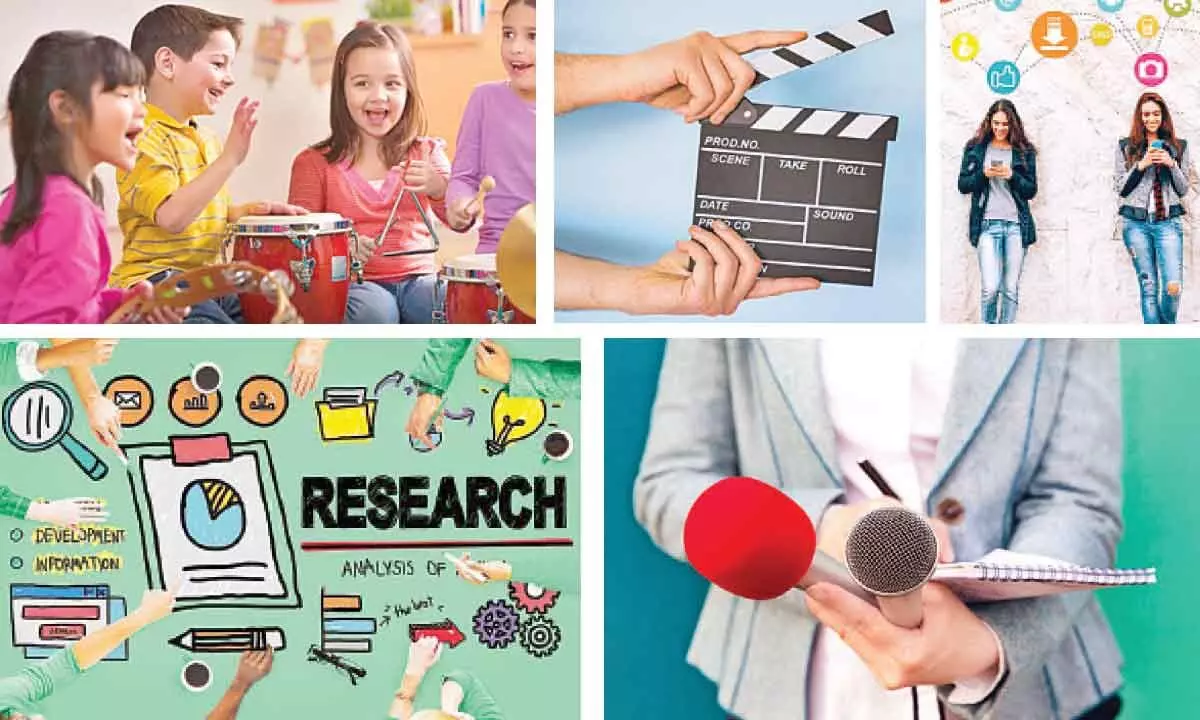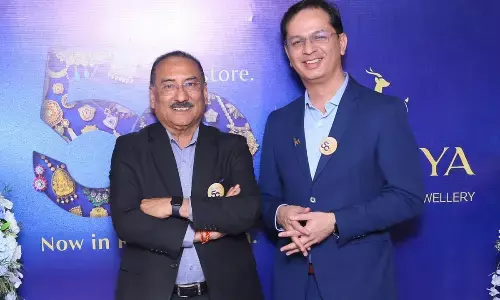From selfies to storytelling: Media education in the Gen Z era

This title signifies a paradigm shift from the prevalent culture of selfies to a more profound and narrative-driven approach. It emphasizes the pivotal role of media education in facilitating this transition, providing the tools and guidance necessary for young individuals to channel their creativity into meaningful storytelling. By bridging the gap between self-focused imagery and compelling narratives, media education becomes the catalyst for empowering Generation Z to communicate with depth and impact in the evolving landscape of digital expression.
Navigating the evolving horizon
In the dynamic landscape of media education, a profound shift is underway to meet the unique needs of Generation Z. As traditional pedagogical methods evolve, online education emerges as a transformative force, reshaping the educational paradigm for digital natives. This pedagogical shift addresses the learning preferences and technological familiarity of Gen Z, fostering a more engaging and relevant educational experience.
Health communication: A catalyst for media education renaissance
Health communication becomes a harbinger of change in media education, heralding a new beginning. Universities which offer media education should understand vital role of health communication in shaping responsible and ethical media practices among Gen Z students. By integrating health communication into the curriculum, media education not only prepares students for the industry but also cultivates a sense of societal responsibility.
Mastering the craft: Unveiling the nuances of modern media writing
The art of media writing takes centre stage as we explore the subtleties of this craft. Practical session should be conducted how media students can benefit from a nuanced understanding of writing for diverse platforms. It emphasizes the importance of honing these skills in a digital age, where effective communication is essential across various media channels.
Shaping Soundscapes: Training the audio-visual storytellers of gen z
In the era of multimedia dominance, training the next generation of storytellers requires a tailored approach. Media schools should train students in technical aspects so that media students can benefit from specialized training in audio-visual storytelling. By acquiring skills in this dynamic field, Gen Z students gain a competitive edge in the evolving media landscape.
TV Journalism: Navigating the transition from old to new
Traditional TV journalism faces a transformative moment, marking what could be the endgame for the old era. The challenges and opportunities for media students as they adapt to the evolving landscape of television journalism. It underlines the importance of embracing digital platforms and multimedia storytelling for a well-rounded education.
Data Journalism Revolution: An exploratory analysis
The rise of data journalism revolutionizes how stories are told. Students should be trained in-depth analysis;how can they explore the realms of data-driven storytelling. By understanding data analysis and visualization, Gen Z learners become adept at interpreting complex information, a crucial skill in contemporary media.
Educational advertising in media studies: Sculpting future minds
Media studies extend beyond content creation, encompassing the business side of the industry. Students should learn significance of educational advertising in media studies, emphasizing how they should prepare for dynamic and competitive media landscape. This learning sheds light on the role of advertising in shaping media narratives and building brand messages.
Education 4.0 and media: A symbiotic integration
As we embrace the fourth industrial revolution, Education 4.0 becomes a transformative force. Industry and curriculum developers and teachers of media studies should explore the intersection of Education 4.0 and media education. It unravels how integrating technological advancements can create a symbiotic relationship, preparing Gen Z students for the rapidly evolving media industry.
Melodies of learning: Music as a pedagogical tool
Music, beyond its entertainment value, emerges as a powerful pedagogical tool. incorporating music into education can enhance the learning experiences of media students. From fostering creativity to aiding memory retention, music becomes a versatile tool in modern education.
Cinematic perspectives: Film appreciation and gen z
Film appreciation becomes a cornerstone of media education, influencing the media preferences of Generation Z. The significance of film appreciation in the digital age is lucrative career. studying films not only broadens cultural awareness but also sharpens critical thinking skills among media students.
Social media management & measurement: Navigating the digital symphony
The management of social media becomes an essential skill for media students. This segment explores the intricacies of social media management and measurement in media education. It emphasizes how understanding social media dynamics prepares Gen Z learners for the multifaceted roles within the digital realm.
Gender and communication: The imperative for media literacy
Media literacy is incomplete without addressing gender and communication dynamics. Media syllabus should advocate for the inclusion of gender perspectives in media education, underscoring the need for a comprehensive understanding of these interconnected elements. It empowers media students to contribute to creating inclusive and diverse media content.
Changing concept of research: A new horizon for media students
The landscape of research in media education undergoing a paradigm shift, offering new horizons for media students. And technology is aiding in changing the concept of research, exploring how media education adapts to new methodologies and approaches. It encourages Gen Z learners to engage in research that reflects the dynamic nature of the media industry.
Travel journalism and Gen Z: A journey of discovery
For Generation Z, travel journalism offers a unique lens through which to explore the world. Students should delveinto the realm of travel journalism and its relevance in shaping the global perspectives. This learning encourages media students to embrace the diverse narratives that travel journalism can offer.
Drama & acting in media education: Crafting confident professionals
Drama and acting play a pivotal role in shaping confident media professionals. The significance of these elements in media education should be included in pedagogy. Students should be educated how drama and acting can contribute to expressive and confident communication, essential skills for success in the media industry.
(The author is a Professor - Media & Communication, School of Media Studies, Presidency University- Bangalore)










